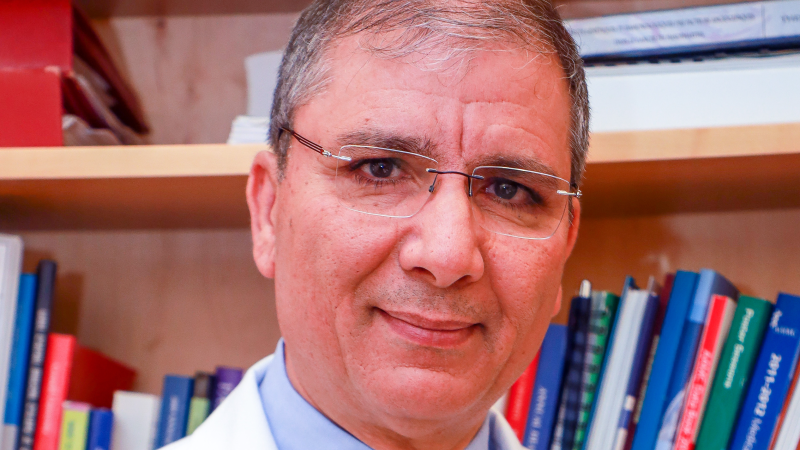A landmark study by Weill Cornell Medicine-Qatar (WCM-Q) has spotlighted Qatar’s remarkable advancements in cancer care and research, crediting two decades of strategic investment and innovation for transforming the country into a regional leader in oncology.
Published in The Lancet Oncology, the research, titled “Qatar national cancer care and research: pioneering strategies for global health excellence,” applauds the nation’s proactive health policies and integration of precision and personalized medicine, robust early detection systems, and advanced cancer management protocols. These efforts, supported by the National Cancer Strategy (2010) and the newly launched Qatar Cancer Plan 2023–26, have already improved survival outcomes and patient care across the board.
The report outlines how Qatar’s well-funded and strategically developed cancer infrastructure — from high-tech screening programs to the recruitment of top-tier medical professionals — has positioned the country at the forefront of cancer control in the Middle East. However, it also identifies ongoing challenges, such as:
- Late-stage diagnoses in some cases,
- Low health literacy in certain demographics,
- Cultural and language barriers,
- Data digitization and long-term analysis gaps, and
- Lifestyle risks linked to rising cancer prevalence.
Professor Lotfi Chouchane, senior author and genetic medicine expert at WCM-Q, commented:
“Qatar has achieved a world-class model for cancer care, yet this study reminds us that continuous improvement is necessary. Addressing community health education and increasing data-sharing with neighboring countries can elevate the region’s collective cancer response.”
The report also sets the stage for strategic regional collaborations, with a follow-up paper advocating a tripartite alliance between Qatar, Saudi Arabia, and Jordan to enhance cancer control through shared research, data, and clinical experiences. The paper—“Bridging borders for resilience in cancer control in the Middle East”—co-authored by Dr. Chouchane and Dr. Murugan Subramanian, presents detailed cancer epidemiology for the three countries and proposes a joint strategy for regional cancer resilience.
Other notable contributors include:
- Dr. Mohammed Bin Hamad Al-Thani, Public Health Director and WCM-Q Professor,
- Dr. Salha Bujassoum, Senior Consultant at the National Centre for Cancer Care and Research,
- Dr. Khalid Rashid Al-Rumaihi, Head of Urology at Hamad Medical Corporation, and
- Dr. Hilal Lashuel, Innovation Advisor to Qatar Foundation.
Dr. Chouchane’s lab continues to lead groundbreaking work in precision oncology, a field that depends heavily on high-quality genomic and clinical data. He noted that cross-border data collaboration could significantly enhance the region’s capabilities, especially for ethnically similar populations.
Qatar’s commitment to innovation, equity, and collaboration in healthcare signals a new chapter for cancer control in the Middle East, with The Lancet recognition marking an important global milestone.

